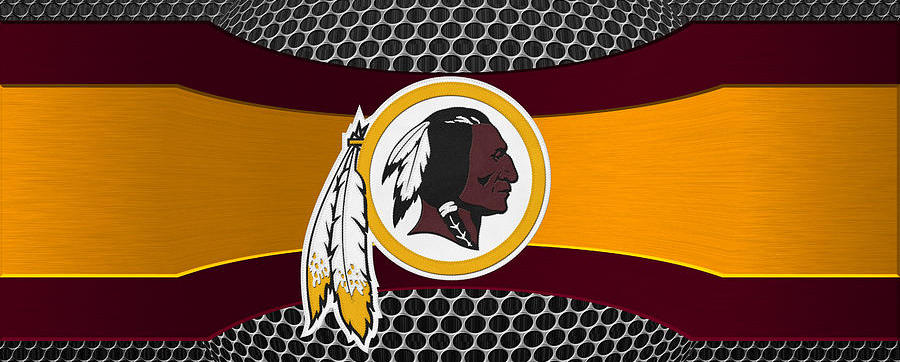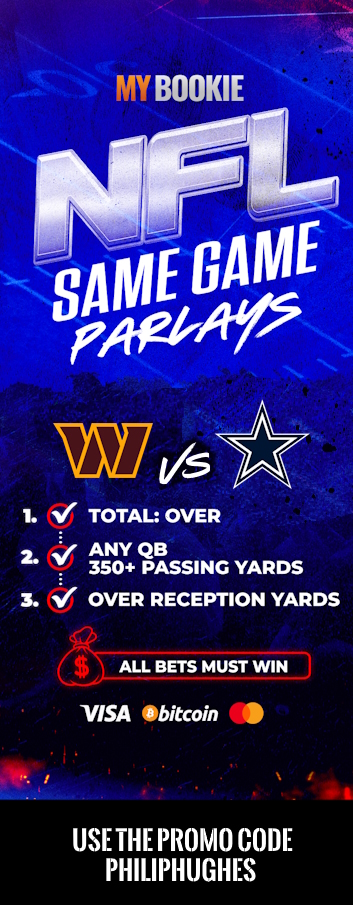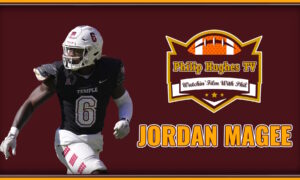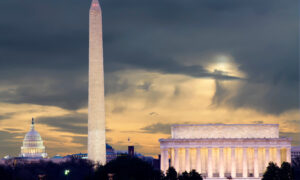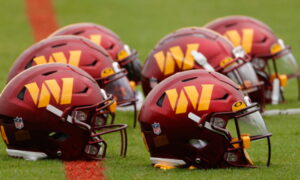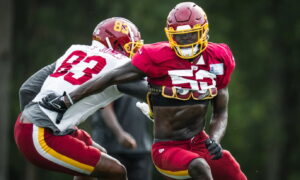Federal officials are considering a petition to ban mentioning the Washington Redskins on radio and television.
During a press conference on Tuesday, FCC chairman Tom Wheeler stated that the regulator is considering a ban on the controversial team name.
Ban Redskins name from radio and TV?
The news came after it was revealed that a law professor filed a petition with the FCC to ban the team name on grounds it violates rules barring indecent content on the air.
Wheeler told reporters he is reviewing the filing and “will be responding accordingly.”
He also gave the following statement:
“There are a lot of names and descriptions that were used for a time that are inappropriate today,. I think the name that is attributed to the Washington football club is one of those.”
As of right now, there are only seven words in the English language that are banned from television and radio. George Carlin spoke of them in his stand-up acts years ago (video below). This publication will refrain from using or referencing any of those words, but we will give you an insert quoted piece:
On his next album, 1973’s Occupation: Foole, George Carlin performed a similar routine titled “Filthy Words,” dealing with the same list and many of the same themes. Pacifica station WBAI broadcast this version of the routine uncensored on October 30 that year.
John Douglas, an active member of Morality in Media, claimed that he heard the WBAI broadcast while driving with his then 15-year-old son and complained to the Federal Communications Commission (FCC) that the material was inappropriate for the time of day.
Following the lodging of the complaint, the FCC proceeded to ask Pacifica for a response, then issued a declaratory order upholding the complaint. No specific sanctions were included in the order, but WBAI was put on notice that “in the event subsequent complaints are received, the Commission will then decide whether it should utilize any of the available sanctions it has been granted by Congress.” WBAI appealed this decision, which was overturned by the United States Court of Appeals for the District of Columbia Circuit in a 2–1 decision on the grounds that the FCC’s definition of “indecency” was overbroad and vague and thus violated the First Amendment’s guarantee of free speech. The FCC in turn appealed to the Supreme Court. As an independent federal agency, the FCC filed the appeal in its own name.
The United States Department of Justice intervened in the case, supporting Pacifica’s argument that the FCC’s declaratory ruling violated the First Amendment and that it also violated the Fifth Amendment in that the FCC’s definition of “indecency” was too vague to support criminal penalties. In 1978 the Supreme Court, in a 5–4 decision, ruled that the FCC’s Declaratory Ruling did not violate either the First or Fifth Amendments, but in so ruling it limited the scope of its ruling to the specific broadcast that gave rise to the Declaratory Ruling and declined to consider whether the FCC’s definition of indecency would survive a First Amendment challenge if applied to the broadcast of other material containing the same or similar words which had been cited in Pacifica’s brief (e.g., works of Shakespeare – “pissing conduits,” “bawdy hand of the dial on the prick of noon”; the Bible – “he who pisseth against the wall”, the Watergate Tapes). It noted that while the Declaratory Ruling pertained to the meaning of the term indecency as used in a criminal statute (18 USC 1464), since the FCC had not imposed any penalty on Pacifica for the broadcast of words that came within the FCC’s definition of “indecent,” it did not need to reach the question as to whether the definition was too vague to satisfy the due process requirements of the Fifth Amendment.
This decision formally established indecency regulation in American broadcasting. In follow-up rulings, the Supreme Court established the safe-harbor provision that grants broadcasters the right to broadcast indecent (but not obscene) material between the hours of 10 pm and 6 am, when it is presumed many children will be asleep. The FCC has never maintained a specific list of words prohibited from the airwaves during the time period from 6 a.m. to 10 p.m., but it has alleged that its own internal guidelines are sufficient to determine what it considers obscene. The seven dirty words had been assumed to be likely to elicit indecency-related action by the FCC if uttered on a TV or radio broadcast, and thus the broadcast networks generally censor themselves with regard to many of the seven dirty words. The FCC regulations regarding “fleeting” use of expletives were ruled unconstitutionally vague by a three-judge panel of the U.S. 2nd Circuit Court of Appeals in New York on July 13, 2010, as they violated the First Amendment due to their possible effects regarding free speech.
The “7 dirty words” that are now listed as banned are obscene words that deal in filth and disregard and are oftentimes lewd and in-excusable in nature…how would Redskins fit among them? Just saying that sounds ludicrous.
An FCC ruling to ban the name from radio and television could increase efforts to force the NFL’s hand on the matter.
Should the FCC ban the use of the name Redskins? Make sure to vote and voice your opinion on the matter!
Should the Washington Redskins Name be Banned From Radio and Television?
- No, the term is not obscene, the government should focus on other things (88%, 10,614 Votes)
- Yes, it is offensive and should not be used (12%, 1,394 Votes)
- Not sure, Don't Care (0%, 46 Votes)
Total Voters: 12,054

